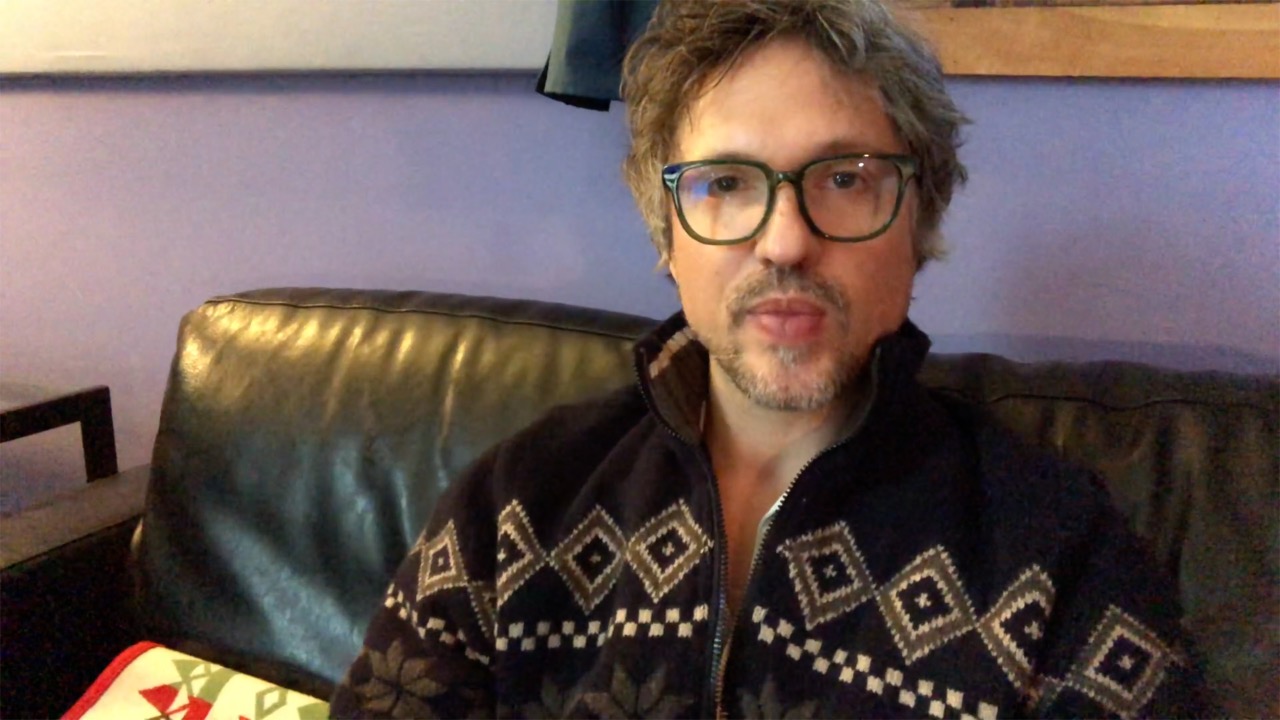by T. Perry Bowers
I see this question a lot on forums. People ask me what they can do to become a producer. Even though the majority of my business is renting studio space, I produce quite a few projects every year. Right now I’m producing a project for a guy who has a record deal with Sony. He’s making a website and creating content. We will be launching it in the fall. I’m more like a project manager on this deal, but you could call it producing.

Production is a wide field. I know a lot of guys who call themselves producers who just produce beats. I don’t say “just” because I think it’s lesser to be a beat producer than another kind of producer. Making good beats is a valuable skill. I could use a few more good beat producers around my studio). I say “just” to delineate between the kinds of producers.
The other kind of producer is a classic music producer. He’s the guy that is in the studio while the record is being made. Tweaking the music so that he can deliver it to the powers that be to their satisfaction.
Then there is the executive producer. He often funds the project either out of his own pocket or with someone else’s money. He makes sure the money is there and the deals are made. He often will be the one who sees that the marketing gets done and that the album sells.
In order to make a living as a beat producer, you need to start out by creating a boat load of beats. You might want to think about spending ten thousand hours making beats. Your competition does. The best guys in this field live and breathe beats. Their beats are so dope people pay big bucks to sing and rap over them.
As a beat producer, you need to have your business locked down. You need to have contracts ready to sign. You can lease beats or sell beats.
Selling a beat can be simple. Name your price. The artist or client pays the fee. The client or artist owns the beat free and clear.
Selling a beat can also be complex if you want to retain partial ownership. If you want to retain partial ownership, you will need to have a much more complex purchase document, you will need to have your beats registered at the Library of Congress. You will need to have a business registered in your state (unless you use your social security number which I highly discourage for tax and liability reasons). You will need to have your business registered with a music monitoring company such as BMI, ASCAP or SESAC.
When you retain partial ownership of a beat. You could potentially receive royalties from that song if the song becomes a hit. The registration with the library of congress and your monitoring company will show how much of the royalties are owed to you. They keep track of what percentage of the song is owned by you.
Your monitoring company monitors the airwaves, venues and digital realms. If your song comes on their radar (becomes a hit) they send you a check every quarter for what you are owed. If your song is played publicly, at a venue, on the radio, on TV or film, the people who own those venues pay the monitoring company. The monitoring company divides that money up among the artists it represents.
Think of leasing beats like leasing a car. When an beat producer leases a beat to an artist (i.e. rapper or singer), that artist can use that beat for a specific amount of time. A typical lease is for one year. So, for that year, that artist can use and make money from that beat. The producer can retain ownership of that beat, if they want, during the lease as well. So the artist and the beat producer would be making money during that one year, if the beat were to become a hit.
The trick to leasing a beat, from an artist’s standpoint is to make sure you have an option to renew. Hopefully your option is in perpetuity as well. You don’t want your song to become a hit and then not have the option to maintain “ownership” of that beat by means of a lease. If you don’t have an option to renew, all the revenue of that song will go to the beat producer when your lease is up.
Also, if you do have the option to renew, make sure not to miss your deadline. If you miss it, you may never have a chance to renew and if the producer does give you back the option, you can bet the price will go up if your song is a hit.
So hopefully this will give you some ideas about how to monetize your career as a beat producer. There are money other ways, especially at higher levels, but this is a good place to start to learn how to implement contracts and collect money.
I’m sorry to say, there is no easy way to become a classic producer type. Any successful classic producer type that you hear about has been associated with a hit record in some way. There is no sure fire way to make that happen.
My recommendation would be to start to hang around bands and artist that you think have a lot of potential. Help them with anything they need. Like billionaire producer Jimmy Iovine (Springsteen, Petty, U2, Apple Music, Beats by Dre) would say, “be of service”. Maybe one day, you’ll be in the studio when a hit is created. Maybe you’ll have something to do with that hit. Maybe you can parlay it into something bigger.
The classic producer is all about creating magic. Sometimes it’s about long hours in the studio. Sometimes it’s a fleeting moment. Hit records are accidents. Constantly hanging around talented artists will make the producer accident prone.
If you want to be an executive producer, you better have some cash, or access to it. These guys just make things happen. Making things happen takes money. When you have money, you can take credit for things with which you had nothing to do.
If you are financing an artist’s record, you can stipulate that you want a producer’s credit even if you never stepped foot in the studio.
Now, if you want to be an executive producer and you have no money, you will have to work up to it. It goes back to what Jimmy Iovine says, “be of service”. Help artists. Help them get coffee for a session. Help them load out to shows. Help them schedule their sessions. Help them write songs. Use whatever tools you have in your toolbox to help them become successful. Help them find money!
Once you find some money, make a good deal for the band that won’t tie them up in debt for ten years. Make good deals and get some money for yourself. Always work yourself into the deal. Have no shame about claiming your place in the organization.
Be relentlessly helpful! Be impeccably shrewd with the band’s interests. Never get greedy, but always take what’s yours.
I know these aren’t easy answers or quick fixes. It’s all about putting in your ten thousand hours. Put in the time doing the right things and something good will come for sure.

